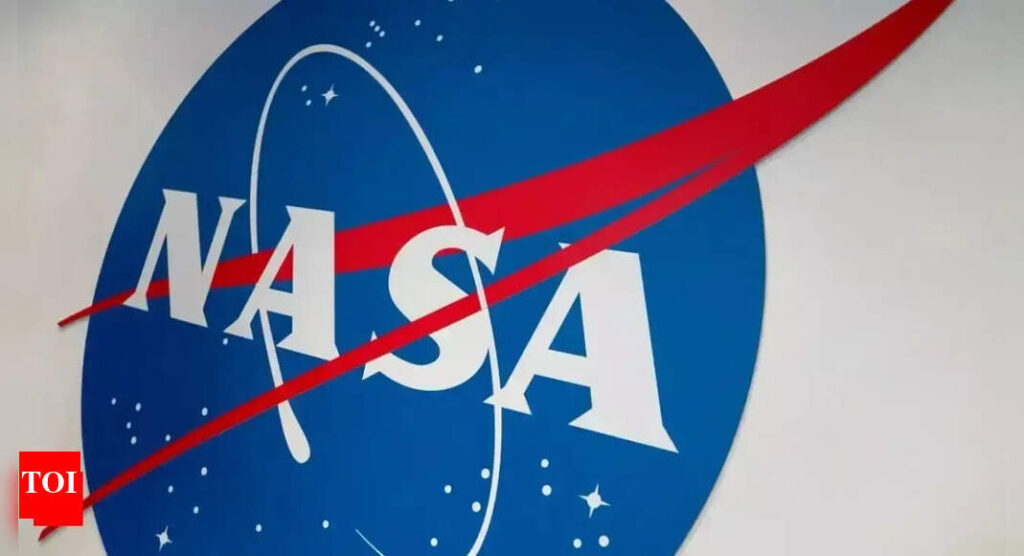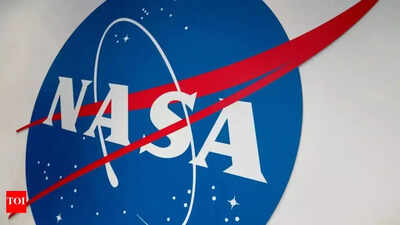The Global Space Exploration Conference 2025, which was conducted in New Delhi on Wednesday, saw a record attendance, with representatives from thirty-five nations, top space agency officials such as China, Japan, Canada, and Europe, more than 1,700 representatives, and ten astronauts representing different countries or agencies. Yet, something highly crucial was absent from the event—presence from the National Aeronautics and Space Administration (NASA).The non-attendance by NASA to this prestigious event was under question, particularly in light of the agency’s participation history in such events.
NASA’s missing representation at GLEX 2025 in Delhi
The lack of NASA’s participation at GLEX 2025, according to the official account, was due to budget reasons. Committee organizers, interviewed anonymously, confirmed that at least a dozen scientists and astronauts from NASA were supposed to participate in the conference. But the failure of the agency to raise funds for accommodation and travel made them unable to attend. This is a big departure from earlier GLEX editions, where NASA had a leading role in deliberations on international space exploration.The failure of NASA to attend can also be attributed to larger political and fiscal changes in the United States. Not long after the swearing-in of Donald Trump this year, his government rolled out a series of budget reductions which have been quite tough on NASA. The proposed budget outlines a 24% reduction in NASA’s overall funding, decreasing it from $24.8 billion to $18.8 billion.One aspect of the cuts was the harsh slashing of the fiscal year 2026 budget, and cancelling or delaying certain current space missions, such as the Mars Sample Return mission. These economic challenges have challenged NASA’s future and made the agency unable to offer its staff the chance to attend global events such as GLEX.
India’s historic GLEX 2025 and the consequences of NASA’s absence
The 2025 GLEX was a historic conference for India as it hosted the conference for the first time ever. The conference had a record number of participants and countries involved, making the record for the global conference. Hosting the event, India, in conjunction with the Indian Space Research Organisation (ISRO), was a demonstration of how far the country has climbed in stature in the world of space exploration. Not having NASA only stifled the conference from being less of a forum for discussion, collaboration, and innovation in space exploration. NASA Transition Period: Representation ImpactOne of the insiders from the International Astronautical Federation (IAF) who participated in the planning observed that the no-show by NASA was also attributed to the agency being in a state of transition. This accounted for leadership change and absence of some of the department heads, and thus representation of NASA to the conference was not maximized. These internal reorganizations, along with budgetary issues, caused the agency’s failure to attend what would otherwise have been a significant international meeting.
NASA’s role in space exploration and the consequences of missing GLEX 2025
NASA has been at the forefront of space exploration for a long time, and it has placed itself at the forefront of pathfinder missions and planetary exploration for over a half-century.The agency’s involvement in Moon, Mars, and beyond missions has placed it on a high level of prestige within the global space community. Though its absence from GLEX 2025 could have been a financial and logistical burden, NASA’s heritage continues to be a critical factor in the future of space exploration. The current fiscal constraints, however, underscore the necessity of continued investment and support for the agency’s continued efforts toward global space activities. NASA’s no-show at GLEX 2025 is a chilling reminder of prevailing financial and political troubles that affect prime space agencies. Although the success of India in organizing the conference speaks well of India’s growing position in space exploration, NASA’s absence says volumes about maintaining sustained support and funding towards global space collaborations. With the age of space exploration continuing to unfold, it will become important to tackle the financial and institutional issues that threaten to discourage large space agencies’ participation in international discussion forums.Also Read | ISRO performs space ‘dogfight’ with twin satellites 500km above Earth, showcasing advanced orbital control


